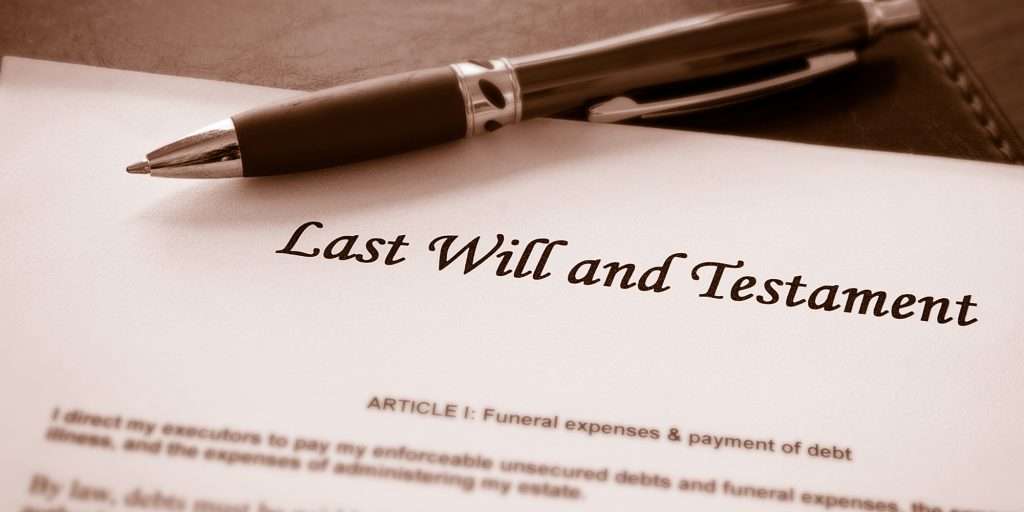In the event of a relative’s death, the last thing you want to worry about is documentation and details. Unfortunately, important documents like the original certified death certificate for the deceased must be collected. You will need to copy and use these documents to close out their affairs. If you have an attorney helping the family, they will handle all the legal affairs, including documentation. Otherwise, you will have to do so yourself. The following guide will explain which legal documents you need to fill out and copy to use when closing affairs after your mom’s death or your father’s death.
As a close relative of the deceased, you have a large number of legal obligations. The first step is, of course, to get a legal pronouncement of death. That requires having a medical doctor or person with legal responsibility present at the time your relative died or shortly after. Afterward, you can call the mortuary or funeral home to arrange for transport.
Death Certificate
This is a legal document showing the details of your relative’s death. For example, how they died, and when and where they died. The coroner or residing physician at the mortuary or funeral home signs this document.
How Long Does It Take to Receive a Death Certificate After Your Mom’s Death or Your Father’s Death?
Usually 1-12 days depending on the circumstances of death and the mortuary. Some states have a minimum 72-hour law.
You will have to register that your relative died within 10 days of receiving a death certificate. You will also receive a document to transport, cremate, or bury the body at this time. After this, you can arrange for the funeral or ceremony.
You will typically need between 1 and 20 copies of your relative’s death certificate. If you did not order them right away, you can order copies online. This process will prevent you from having to go back to the funeral home and having to wait for due processes.
Existing Legal Documents
Your loved one may have legal documents such as a will, instructions on cremation or burial and their estate or property. If these documents do not have an appointed legal guardian, you can appoint someone from within the family. They will need to take charge of bringing these documents to someone with legal powers (a lawyer, judiciary, etc.).
These documents include:
- Trusts
- Wills
The relatives of the deceased should take these documents to the local county or city office to be accepted for probate. That is if the relatives have not made other arrangements.
Closing Out the Deceased’s Accounts
Most people collect a range of responsibilities, accounts, and even benefits during their life. You must handle these matters as quickly as possible after your mom’s death or your father’s death. You will need several copies of the death certificate for this purpose.
Social Security – Call the Social Security Administration at l-800-772-1213 to begin the process or visit your local social security office. You will need an original certified death certificate for this purpose. Neglecting to do so will result in having to pay back any benefits that were paid out after your relative passed away.
Service Providers – Contact service providers, utilities, internet service providers, and subscriptions. Some will require a photocopy or fax of the death certificate. Others will not. None should legally require an original, certified copy except to photocopy.
Close Bank Accounts – Closing bank accounts in the state typically requires that you bring original certified records proving your relative died. You will also need to prove your relationship with the deceased.
Insurance – Many people take out insurance policies on their life, car, home, and even mortgage. To close out an insurance policy and claim it, you will need an original certified death certificate (per policy/company).
Pension – Family members can often claim pension benefits from a deceased. But even if not, you must alert both state and company pension funds that the deceased can no longer receive benefits.
What Else Will You Need the Certificate For
You will also need copies of this document to close out mortgages, payments, loans, leases, and tax obligations. And also, safety deposit boxes, bills, and other obligations. Similarly, if the deceased owns stocks or bonds (non-trust), you will need an original certified copy per company or stockbroker to close these out.
Widows and widowers may want to keep a copy of the document as well to prove they are no longer married.

